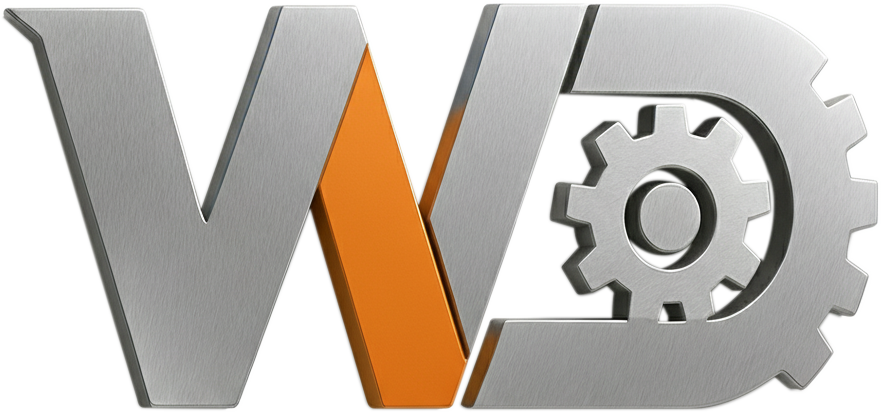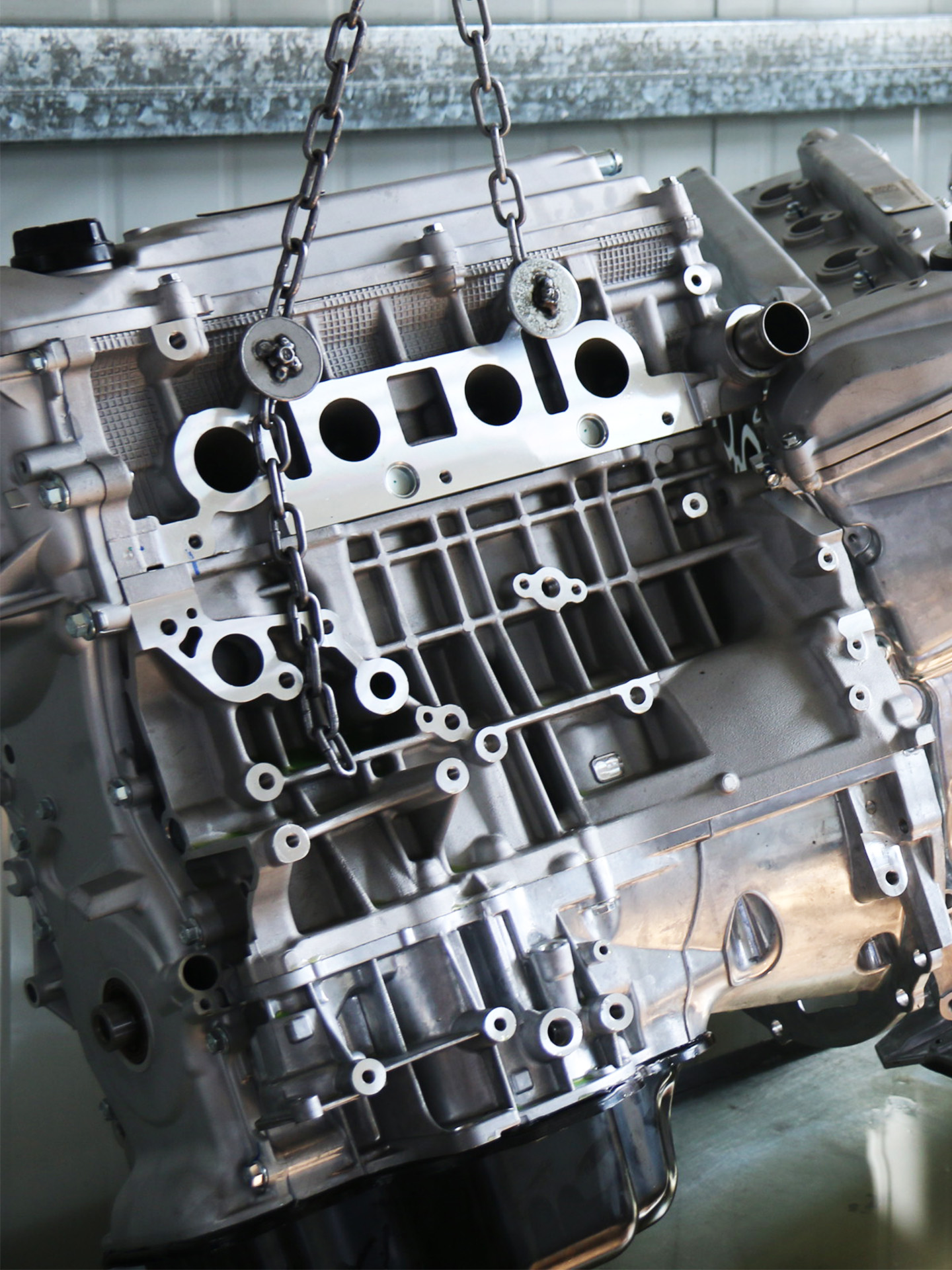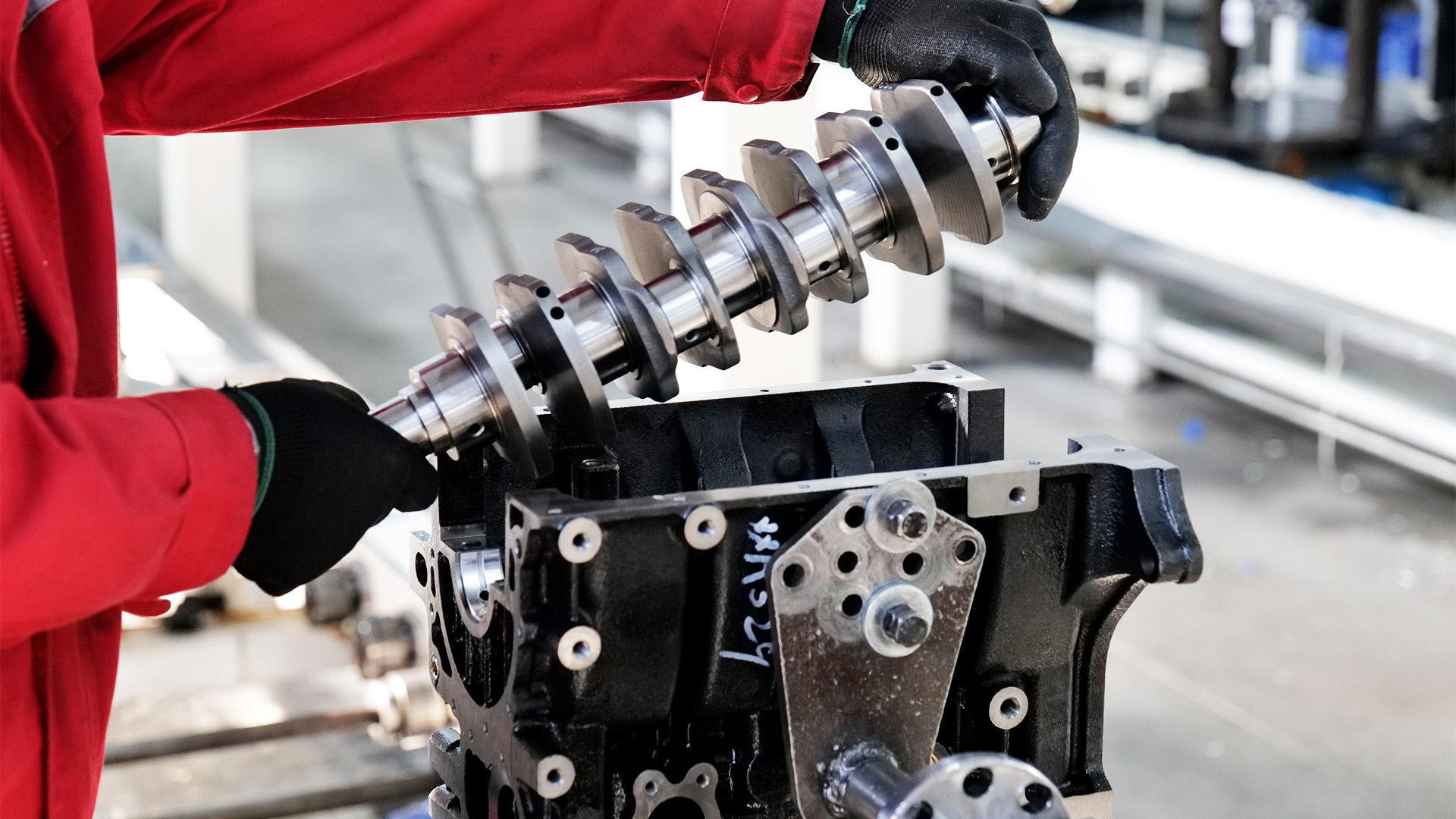Volkswagen has built just about every kind of engine imaginable — from the air-cooled Beetle’s simplicity to modern turbocharged marvels like the EA888. But when it comes to long-term reliability, only a few stand out as true legends.
Ask any mechanic who’s worked on VWs for decades and they’ll tell you: some of these engines are nearly unkillable. They rack up hundreds of thousands of miles, survive poor maintenance, and keep starting every morning.
This guide ranks the 10 most reliable VW engines ever made — drawing on real-world data, workshop experience, and insights from trusted automotive communities like TDIClub, EngineDNA, and VWVortex.
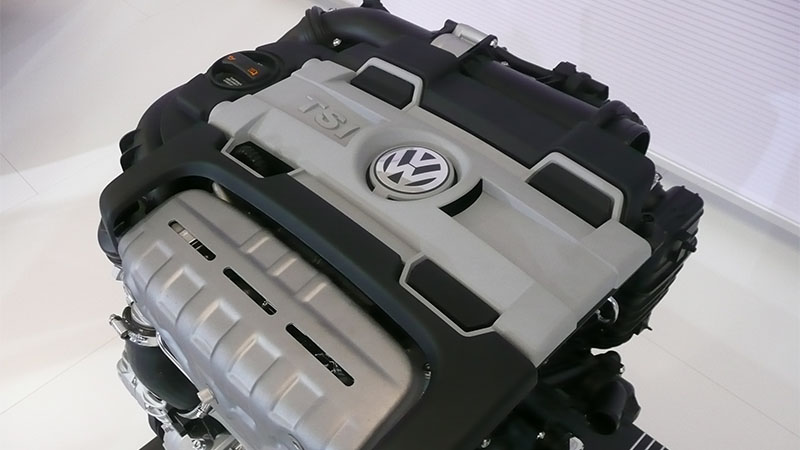
Quick Overview: VW’s Most Reliable Engines
| Rank | Engine & Code | Displacement / Layout | Power & Torque | Description / Key Strength |
|---|---|---|---|---|
| 1 | 1.9 TDI (ALH / PD) | 1,896 cc I4 Turbo Diesel | 90–150 hp / 210–320 Nm | The diesel workhorse that refuses to die — legendary reliability and longevity. |
| 2 | 1.8T (EA113 20-Valve) | 1,781 cc I4 Turbo Petrol | 150–180 hp / 210–235 Nm | Turbocharged, tunable, and surprisingly durable when maintained properly. |
| 3 | 3.2 VR6 (24-Valve) | 3,189 cc V6 (Narrow Angle) | 240 hp / 320 Nm | Strong, smooth, and nearly bulletproof; VW’s over-engineered performance icon. |
| 4 | 2.0 8V (ABA / AEH) | 1,984 cc I4 NA Petrol | 115 hp / 166 Nm | Simple, low-stress design with long life and easy maintenance. |
| 5 | 2.5 L Inline-5 (EA855) | 2,480 cc I5 NA Petrol | 150–170 hp / 230–240 Nm | Low-stress five-cylinder built for daily dependability and longevity. |
| 6 | 1.6 MPI (EA111) | 1,595 cc I4 MPI Petrol | 101–105 hp / 143–148 Nm | A no-frills global workhorse found in millions of VWs worldwide. |
| 7 | 1.6 EA827 | 1,588 cc I4 NA Petrol | 75–110 hp / 120–140 Nm | Old-school VW reliability that defined the brand’s tough reputation. |
| 8 | 2.0 TDI (EA188 / EA189) | 1,968 cc I4 Turbo Diesel | 138–170 hp / 320–350 Nm | Modern diesel with excellent efficiency and long service life when maintained. |
| 9 | Air-Cooled Flat-4 | 1,192–1,584 cc H4 Air-Cooled | 34–50 hp / 87–110 Nm | The classic Beetle motor — simple, iconic, and nearly indestructible. |
| 10 | EA888 Gen 3 (2.0 TFSI) | 1,984 cc I4 Turbo GDI Petrol | 210–300 hp / 280–380 Nm | VW’s comeback story for modern reliability — refined, efficient, and robust. |
In-Depth Look: What Makes These VW Engines Stand Out
1.9 TDI (ALH / PD) — The Diesel Legend
If you asked 100 VW owners to name the most reliable engine ever made, most would say the 1.9 TDI without hesitation. Built between the late 1990s and 2009, this turbo diesel powered millions of Golfs, Jettas, and Passats — and many are still running today.
The ALH and later PD variants are renowned for iron-block strength, mechanical injection simplicity, and real-world lifespans beyond 300,000 miles (480,000 km). Fleet and taxi operators often hit half a million with only routine maintenance.
“My ALH hit 480,000 km before I even replaced the turbo,”
— Forum user on TDIClub.com
Why it’s reliable: simple design, low stress, excellent lubrication system.
Watch for: timing-belt intervals (every 100k km) and EGR soot buildup.
Verdict: The gold standard of VW reliability — nothing else comes close.

1.8T (EA113 20-Valve) — Turbo Power That Lasts
The 1.8T is one of the few turbo engines from the 2000s that can truly be called dependable. Used across the Golf GTI, Passat B5, and Audi TT, it delivers both power and longevity.
When serviced on time — especially oil changes — this compact 20-valve motor easily surpasses 200,000 miles. Enthusiasts love it for its durability under boost and tuners praise its robust bottom-end.
Why it’s reliable: cast-iron block, conservative turbo boost, strong internals.
Watch for: oil-sludge buildup (use quality synthetic oil), timing-belt care.
Verdict: A great blend of fun and reliability; one of VW’s best all-round petrol engines.

3.2 VR6 (24-Valve) — Smooth, Strong, and Overbuilt
The VR6 is one of VW’s engineering masterpieces. The later 3.2-liter 24-valve version, found in the Golf R32 and Passat, is famous for its silky smoothness and mechanical toughness.
Its narrow-angle V layout uses fewer components than a traditional V6, and its timing-chain design means fewer belt changes. Owners routinely report 250,000+ miles with no internal failures — just basic maintenance.
Why it’s reliable: forged crank, strong pistons, low specific output.
Watch for: coil-pack replacements and chain-tensioner wear at very high mileage.
Verdict: Built like a tank; one of VW’s most dependable performance engines.

2.0 8V (ABA / AEH) — The “2.Slow” That Never Quits
It’s slow, yes — but incredibly tough. The 2.0-liter 8-valve petrol engine earned the nickname “2.Slow” because of its modest power, yet mechanics know it as one of the hardest engines to kill.
Non-interference design means a snapped timing belt won’t destroy valves, and its iron block can take serious abuse. Many Mk3 and Mk4 Golfs still run these engines daily after 25 years.
Why it’s reliable: simple fuel system, low compression, minimal electronics.
Watch for: small oil leaks and aging sensors.
Verdict: Not fast, but honest — an ideal engine for dependable daily driving.

2.5 L Inline-5 (EA855) — Low-Stress Longevity
North-American VW owners know this one well. The 2.5-liter inline-five, used in Jetta and Golf models from 2005 to 2014, is a mechanic’s favorite for its durability.
It uses a cast-iron block and chain-driven camshafts — no belts to worry about — and lacks the turbos and high-pressure systems that complicate newer engines.
Why it’s reliable: low compression, robust chain setup, few failure points.
Watch for: occasional valve-cover gasket leaks or chain-tensioner wear.
Verdict: Not glamorous, but rock-solid. It’s the best “daily driver” engine VW sold in the 2000s.

1.6 MPI (EA111) — The Global Workhorse
This modest 1.6-liter MPI engine powered millions of Polos, Jettas, and Golfs across Europe, Latin America, and Asia. Simple port injection and a non-turbo setup make it nearly foolproof.
Taxi fleets and small-car owners praise it for handling rough fuel and high temperatures — it’s known to run forever in markets where maintenance isn’t always perfect.
Why it’s reliable: basic design, low-stress components, inexpensive parts.
Watch for: minor oil use on high-mileage units.
Verdict: The definition of “run forever with little drama.”
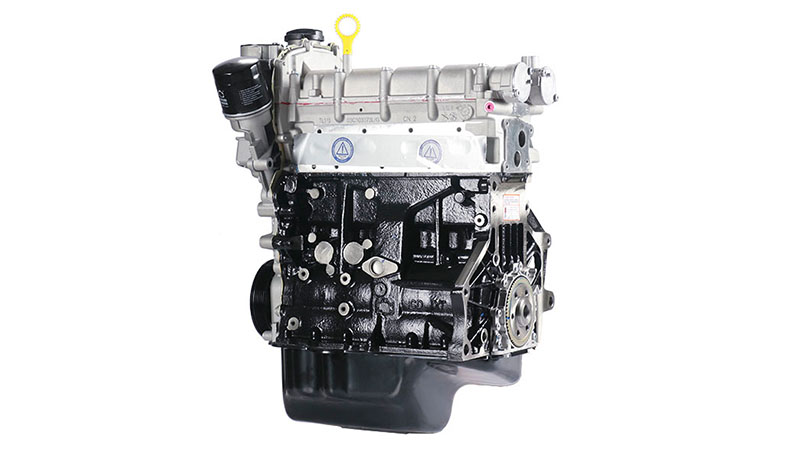
1.6 EA827 — The Classic That Built VW’s Reputation
The EA827 family dates back to the 1970s and underpinned VW’s reputation for solid engineering. It powered everything from early Passats to Golf Mk2s and even Audi 80s.
With a grey-iron block and straightforward mechanical design, these engines were designed to last decades — and many still do.
Why it’s reliable: simplicity, quality metallurgy, forgiving of neglect.
Watch for: carburetor tuning (on older models) and oil leaks.
Verdict: A living piece of VW history — old but mighty.

2.0 TDI (EA188 / EA189) — Modern Diesel Done Right
Despite the shadow of Dieselgate, the 2.0 TDI remains a durable, efficient engine when maintained properly. Used widely from 2003 to 2015, these diesels deliver great torque and longevity.
The key is maintenance: use correct oil, keep the EGR and DPF clean, and they’ll easily surpass 250,000 miles (400,000 km). Many European taxi fleets still run them daily.
Why it’s reliable: strong rotating assembly, efficient combustion, proven design.
Watch for: clogged EGR or DPF on short-trip cars.
Verdict: A dependable modern diesel for high-mileage drivers.

Air-Cooled Flat-4 — The Original VW Icon
Before fuel injection, before ECUs, there was the air-cooled boxer four. From the 1930s to the 1980s, this little horizontally-opposed engine powered Beetles, Buses, and Karmann Ghias all over the world.
With no coolant system to leak, and minimal moving parts, it’s so simple that anyone with basic tools can keep it running. Properly tuned, these engines often outlive the cars they came in.
Why it’s reliable: minimalist design, mechanical simplicity, easy servicing.
Watch for: overheating if cooling shrouds or oil coolers are missing.
Verdict: The foundation of VW’s “reliability through simplicity” philosophy.
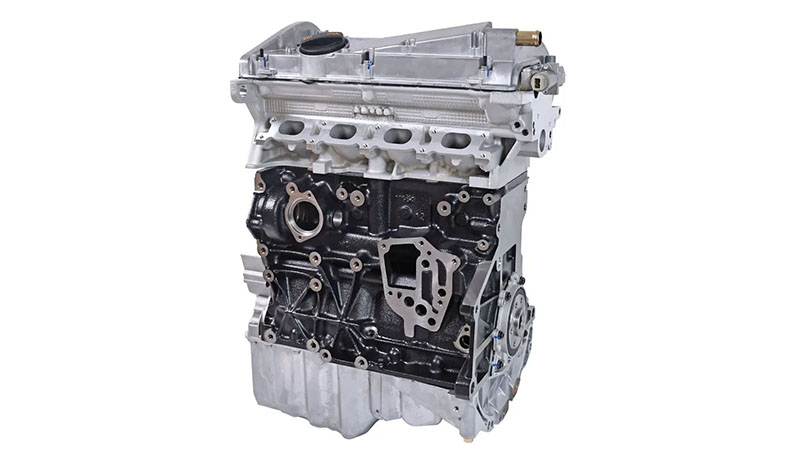
EA888 Gen 3 (2.0 TFSI) — VW’s Modern Redemption
VW’s early TSI engines had plenty of teething issues — timing-chain tensioners, carbon buildup, and oil consumption. But the EA888 Gen 3, introduced around 2013, finally fixed most of those.
It brought stronger pistons, revised chains, and improved lubrication. Modern owners and independent mechanics report few major failures, provided oil changes are regular.
Why it’s reliable: refined engineering, better metallurgy, solved early flaws.
Watch for: carbon on intake valves (common in GDI engines).
Verdict: VW’s most dependable modern turbo engine — proof they learned from the past.

Honorable Mentions
Not every great VW engine made the top ten, but a few deserve special credit for their toughness and engineering character. These units may not be famous, yet they’ve quietly proven themselves on the road for years.
1.9 SDI Diesel — Slow but Unstoppable
The non-turbo version of the 1.9 TDI makes about 65 hp but seems to last forever. No turbo, no stress — many examples have passed 400,000 km with only basic maintenance.
1.0 TSI (EA211) — Small Turbo, Big Potential
This 1.0-liter three-cylinder turbo powers modern Polos and Golfs. Despite its size, it’s smooth, efficient, and far more reliable than the early TSI generations.
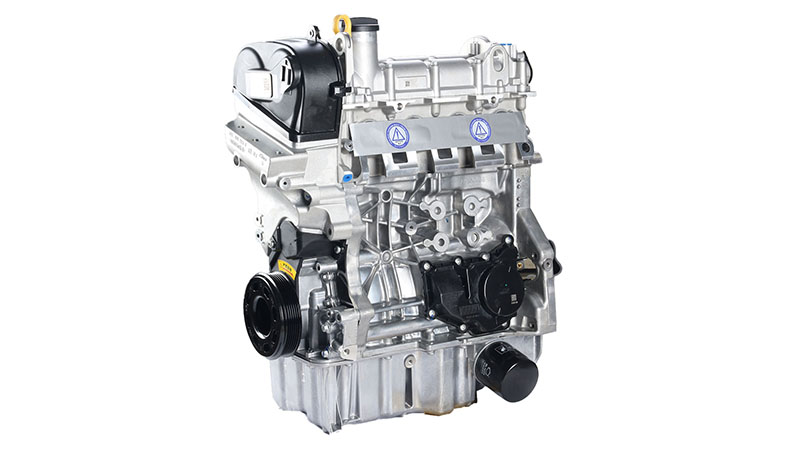
W8 4.0 L — Complex but Solid
VW’s short-lived 4.0-liter W8, used in the Passat B5.5, produced around 270 hp and proved impressively durable when properly serviced. Rare, but a true showcase of VW’s engineering ambition.
Together, these engines highlight Volkswagen’s ability to build reliable powerplants across every era — from simple diesels to advanced modern turbos — reinforcing its long-standing reputation for engineering strength.
Conclusion
From the classic air-cooled flat-4 to the modern EA888 Gen 3, Volkswagen’s best engines prove one thing: reliability comes from solid design and consistent care. Each powerplant on this list earned its reputation through millions of real-world miles, not marketing promises. Whether it’s the unkillable 1.9 TDI, the smooth 3.2 VR6, or the humble 1.6 MPI, these engines continue to power cars, fleets, and rebuild projects worldwide.

About Us
At Nanjing Woda Auto Technology Co., Ltd., we share that same commitment to lasting quality. With over 25 years of manufacturing and export experience, we specialize in complete engines (bare, short-block, and long-block) and key components like cylinder heads and crankshafts for Toyota, Nissan, Isuzu, Mitsubishi, Volkswagen, and more.
Our products are tested, performance-verified, and backed by warranty, ensuring consistent supply and reliability for distributors, workshops, and engine rebuilders across Latin America, Africa, and other global markets.
Looking for a Reliable Auto Engine Supplier?
Contact us today to discuss your volume requirements or request a pro-forma quote.
